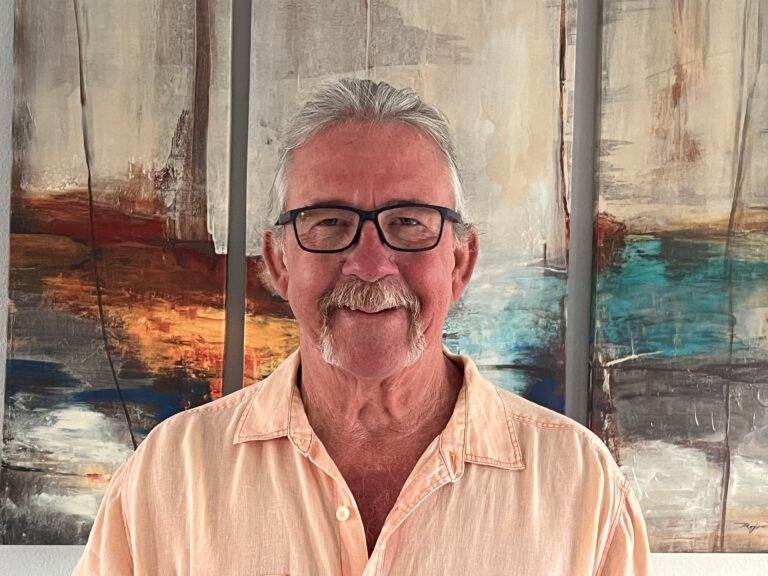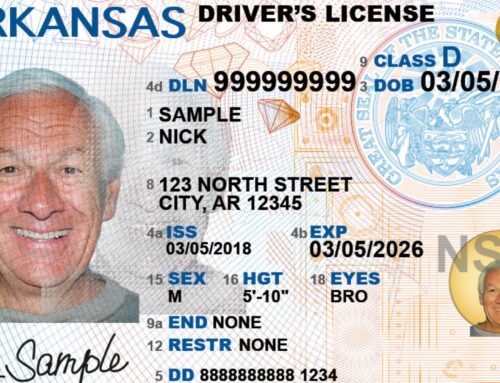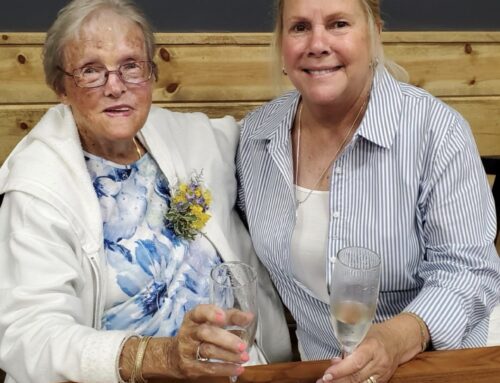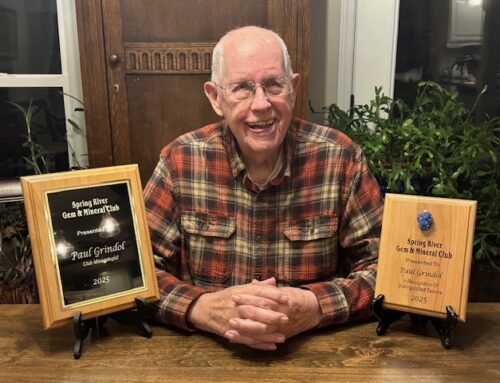Emerging research continues to affirm a sobering truth: our dietary choices are not merely about calories or convenience—they are deeply consequential to cognitive health. According to University Hospitals (June 2023), diets rich in ultra-processed foods are associated with increased risk of Alzheimer’s and other forms of dementia. Conversely, adopting a nutrient-dense, minimally processed diet—alongside other lifestyle interventions—can slow, halt, and in some cases even reverse neurodegenerative symptoms.
This is not just a matter of science; it’s a matter of agency. Fast food, sugary beverages, and packaged snacks are engineered for palatability, not longevity. Their high concentrations of additives, refined sugars, and unhealthy fats disrupt metabolic balance and inflame neural pathways. The cost is not abstract—it’s cognitive decline, emotional instability, and diminished quality of life.
Yet the solution is not simply to follow another prescriptive diet. I’ve grown skeptical of rigid nutritional doctrines. Instead, I’vebegun practicing intuitive eating—a method grounded in both research and self-awareness. It’s a philosophy that respects the body’s innate intelligence, recognizing that hunger, satiety, and even cravings are signals worth decoding, not suppressing.
This principle—of listening inward—extends beyond food. A friend of mine, currently trying to quit smoking, often dismisses medical advice because his cardiologist is visibly overweight. His resistance may seem irrational, but it reveals something profound: we are more likely to trust guidance that is embodied, not just spoken. Expertise matters, but so does integrity. And ultimately, no external authority can replace the wisdom of lived experience.
We must learn to trust our bodies—not blindly, but attentively. If smoking impairs your breathing, your body is speaking. If certain foods leave you sluggish or bloated, your body is offering feedback. The question is whether we’re willing to listen.
So I offer this challenge: approach your next meal not as a task, but as a dialogue. Observe how your body responds. Notice what energizes you, what depletes you, what feels nourishing beyond the nutritional label. Let your choices be informed not just by data, but by discernment.
Because in the end, the smartest thing we can do is not outsource our well-being—it’s to reclaim it.






